Leadership
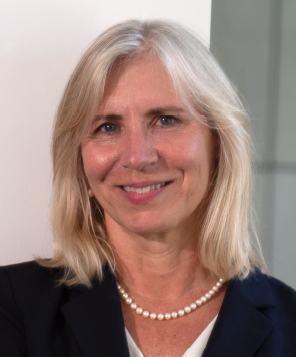
Dr. Elizabeth A. Winzeler
University of California, San Diego
Program Director
“The longterm goal of the Malaria Drug Accelerator (MalDA) is reduce the burden of malaria which, in 2019, sickened 220 million and killed up to a half a million, mostly children under five. Although new candidate medicines have been recently developed through the optimization of compounds with malaria parasite killing properties, we believe that the community can do better and that the same, sophisticated, drug-discovery approaches that industry brings to bear on diseases like cancer and diabetes can be applied to malaria.
To do this the community and the Gates Foundation recognize that we first need a better understanding of drug-able pathways and targets. The MalDA consortium was established to bring together scientists with deep malaria molecular expertise, to share information and to prime the early drug development pipeline. Our new website highlights our discoveries, our investigators, our methods and our mission.”
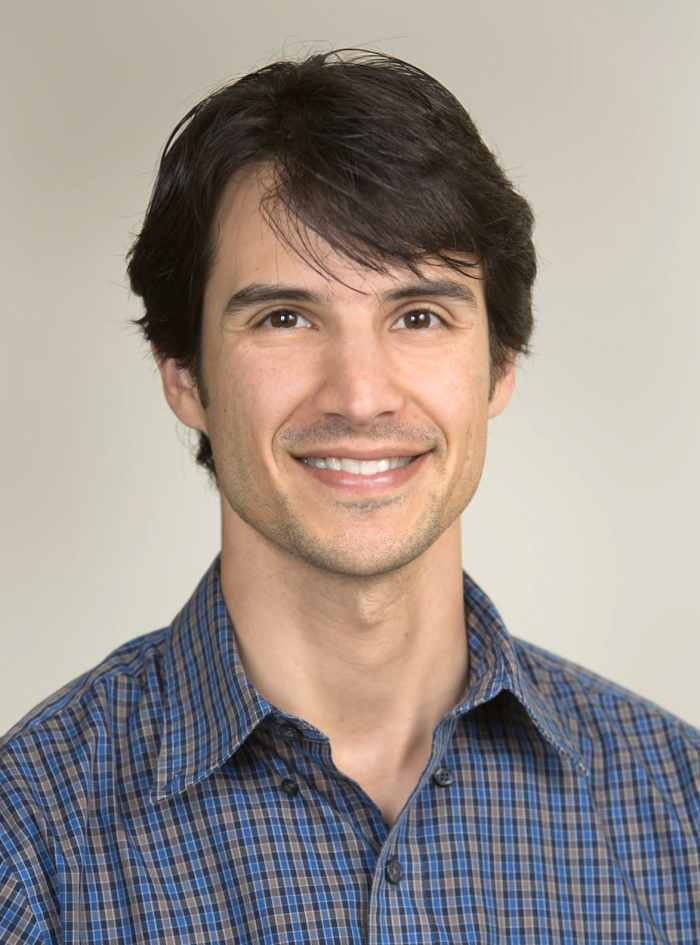
Dr. Jair L. Siqueira-Neto
University of California, San Diego
Project Manager
“After completing a PhD in Microbiology and Molecular Biology at Unicamp – Brazil characterizing proteins that stabilized telomeres from Leishmania sp., I moved to South Korea and joined the recently created Institut Pasteur Korea. I developed the first cell-based high-throughput phenotypic screening assays against Leishmania and Trypanosoma cruzi and screened libraries for many pharmaceutical companies through DNDi collaborations. After that, I came to California as the Director of the Center for Discovery and Innovation in Parasitic Diseases (CDIPD) at the University of California.
The Malaria Drug Accelerator Consortium funded by the Gates Foundation is a fantastic model heavily based on collaboration and synergistic interaction of its member institutions for an effective drug discovery program. The end goal is to demonstrate that new and better therapies can be efficiently developed to save the most vulnerable ones affected by infectious tropical diseases.”

Dr. Gang Liu
Gates Foundation
Senior Program Officer
“Nine years ago, the Gates Foundation made a modest grant to Prof. Winzeler at UCSD for novel antimalarial target discovery. Today, that humble beginning has evolved into a global alliance of academic, industrial, and non-profit partners with a common goal of delivering innovative therapeutics for people afflicted with malaria. I hope that you will find the web site informative and inspiring.”
Scientific Advisory Board
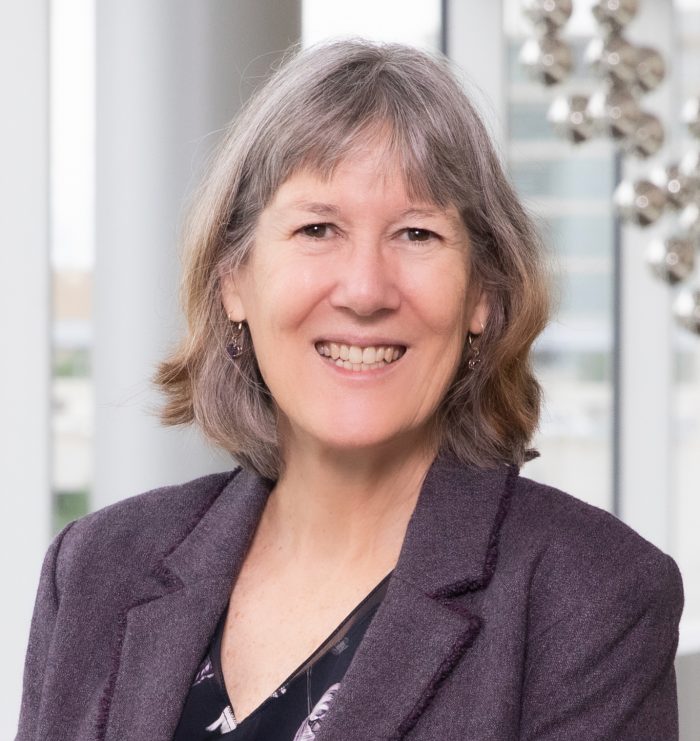
Dr. Meg Phillips
University of Texas Southwestern Medical Center
Chair of the Department of Biochemistry
“Margaret (Meg) Phillips is a parasitologist recognized for her work on exploiting metabolic pathways in protozoan parasites for drug discovery. Her work on the pyrimidine biosynthetic pathway in the malaria parasite led to the identification of an inhibitor of dihydroorotate dehydrogenase that reached clinical development for the treatment of malaria. She received the Medicines for Malaria Venture (MMV) Project of the Year Award for this work in 2010.
Phillips was born in Cleveland, Ohio and grew up in San Rafael, California. She graduated from the University of California, Davis with a B.S. in Biochemistry in 1981, and with a Ph.D. in Pharmaceutical Chemistry in 1988 from the University of California, San Francisco, where she was also a postdoctoral fellow in the Department of Biochemistry. She joined the faculty of UT Southwestern in the Department of Pharmacology as an assistant professor in 1992, was promoted to tenured associate professor in 1997, and to full professor in 2002. She became Chair of the Department of Biochemistry at UT Southwestern in 2016 and holds the Sam G. Winstead and F. Andrew Bell Distinguished Chair in Biochemistry. She has served on a number of advisory boards, including MMV’s ESAC committee, the WHO Steering Committee on Drug Discovery, and Scientific Advisory Boards for Wellcome Trust Centers in both Dundee and Glasgow. She has served on NIH study section including as chair of PTHE, and has served on a number of journal editorial boards, including currently PLoS Pathogens, PLoS Neglected Tropical Diseases and mSphere. She was elected to the National Academy of Sciences in 2021.“
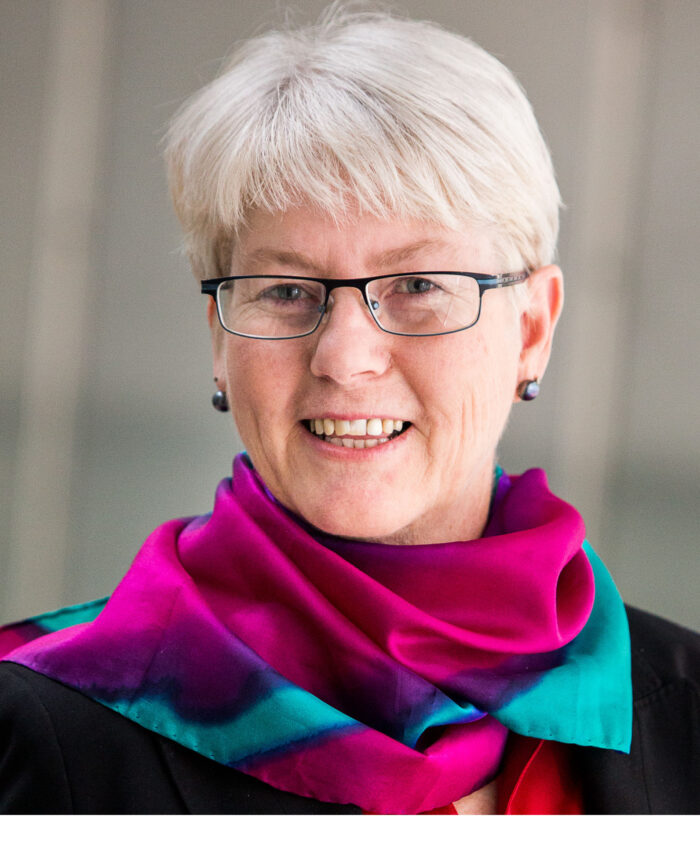
Professor Emeritus
Leann Tilley
The University of Melbourne
Department of Biochemistry and Pharmacology
“Leann Tilley’s lab in the Bio21 Molecular Science and Biotechnology Institute, in Melbourne, Australia is working with industry and academic colleagues to understand the cell and molecular biology of malaria parasites, and to design better antimalarials. Leann embraces a range of technologies from drug and protein chemistry to biophysics and novel imaging methods. Her work led to a better understanding of the molecular basis of action of and resistance to quinoline and artemisinin antimalarials. With colleagues, she identified a series of orally bioavailable antimalarial proteasome inhibitors and a new class of reaction hijacking inhibitors of aminoacyl tRNA synthetase inhibitors.
Leann served as Deputy Director, then as Director of the ARC Centre of Excellence for Coherent X-ray Science (CXS). This Centre received international acclaim for its cross-disciplinary and cross-institutional work. As part of this collaboration, Leann’s laboratory helped to develop and implement a number of new imaging modalities and apply them in applications to malaria parasites. Leann received the premier award of the Australian Research Council (ARC) – a Georgina Sweet Australian Laureate Fellowship. She received an EMBL BioMalPar Lifetime Achievement Award (2023). She is a past-President of the Australian Society for Biochemistry and Molecular Biology. She is a pro-bono consultant for Medicines for Malaria Venture (MMV).
Leann obtained her BSc (Hons) in Biochemistry from the University of Melbourne and her PhD in Biochemistry from the University of Sydney. After postdoctoral fellowships at Utrecht University in the Netherlands, the College de France in Paris, and at the University of Melbourne, she took up an academic position at La Trobe University, then returned to a Professorial appointment at the University of Melbourne in 2011.”
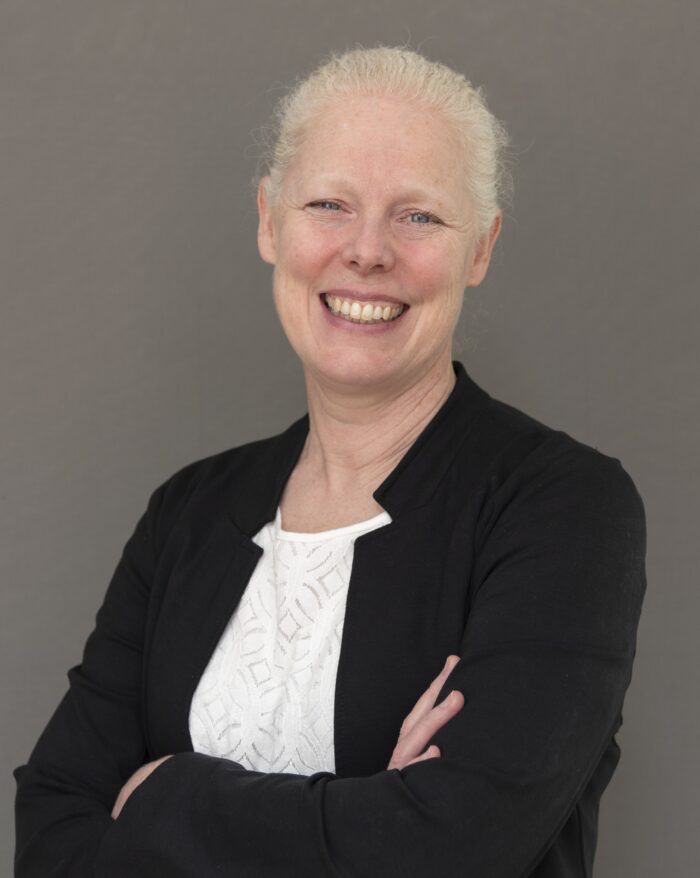
Senior Director of Drug Discovery
Sandy Gould, Ph.D.
Broad Institute of MIT and Harvard
Center for the Development of Therapeutics
“Sandy Gould is the senior director of drug discovery for the Center for the Development of Therapeutics (CDoT) at the Broad Institute of MIT and Harvard. Her team consists of experienced drug discovery scientists whose mission is to collaborate closely with Broad scientists to translate their deep biological insights discovered into potential new therapeutics for a variety of diseases.
Gould spent 23 years at Takeda Pharmaceuticals (formerly Millennium Pharmaceuticals, Inc.), where she played a variety of roles including associate director of oncology and medicinal chemistry, and the director of scientific affairs in research strategy and operations within the oncology division. At Takeda, Gould managed academic collaborations, a group responsible for the creation and review of non-clinical pharmacology reports for agency filings, and multiple chemistry project teams. She contributed to several oncology and immuno-oncology projects, developed and managed intellectual property strategy across the company’s Cambridge-based chemistry department. She led an industry/NGO/academic collaboration focused on identifying and developing anti-malaria drugs with novel mechanisms of action that received funding support from the Global Health Innovative Technology Fund (GHIT) and Medicines for Malaria Ventures (MMV) and was until recently an observer on MMV’s Expert Scientific Advisory Committee.
Gould, whose legal name is Alexandra, earned a B.A. from the University of Pennsylvania and a Ph.D. in organic chemistry from the Massachusetts Institute of Technology. She completed postdoctoral training at Harvard University.“

